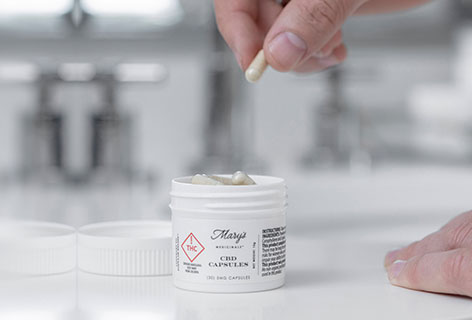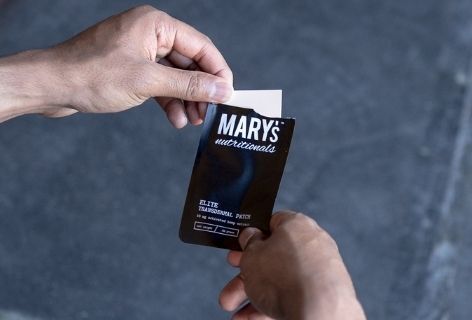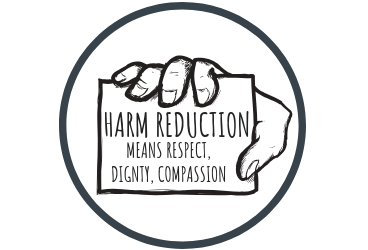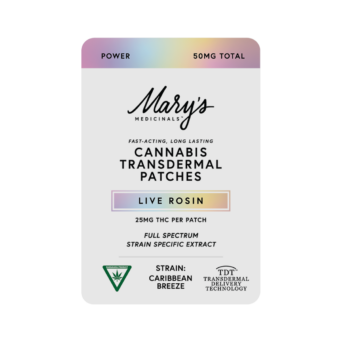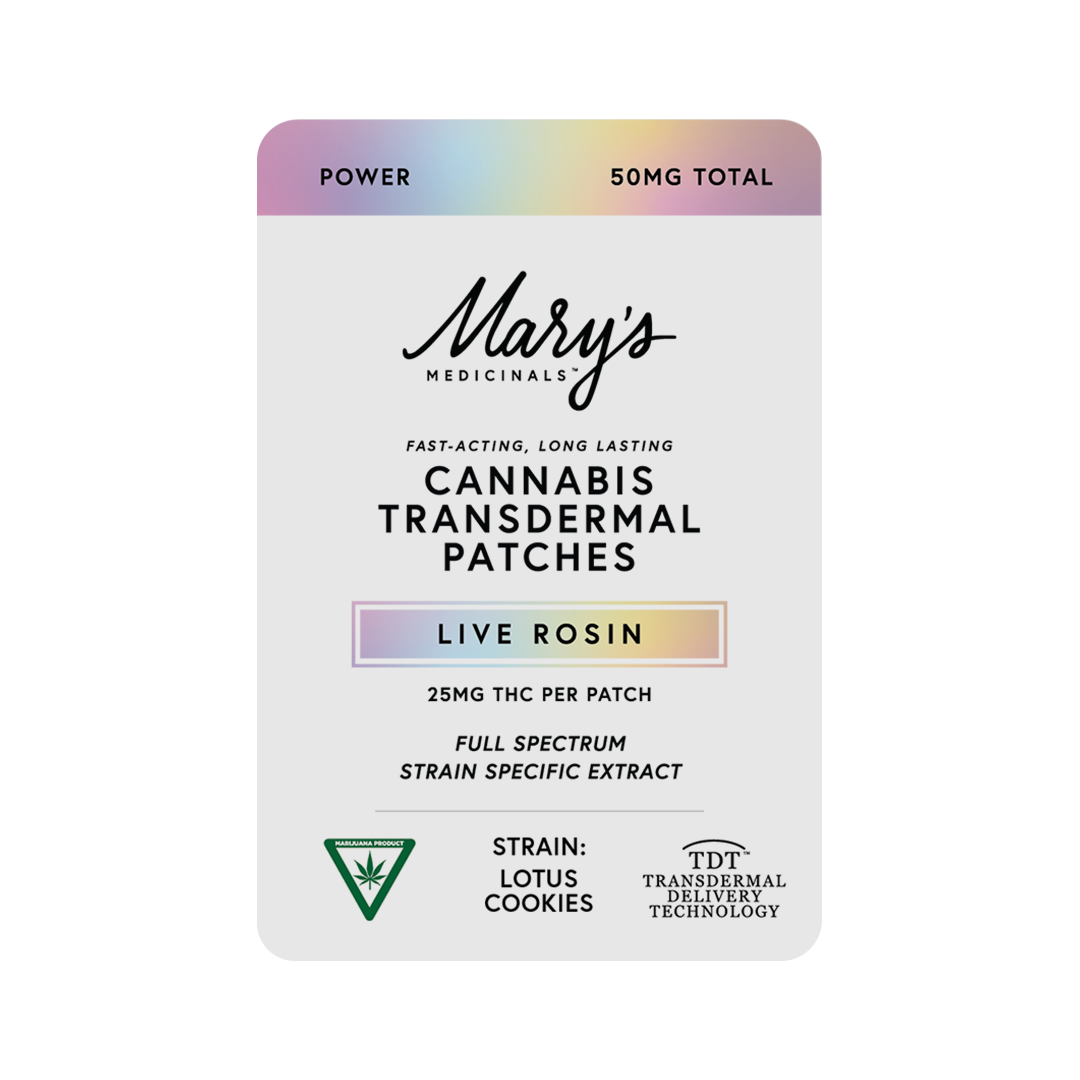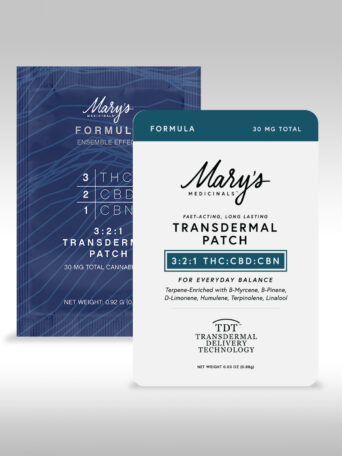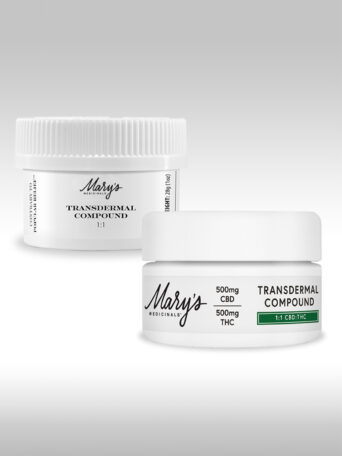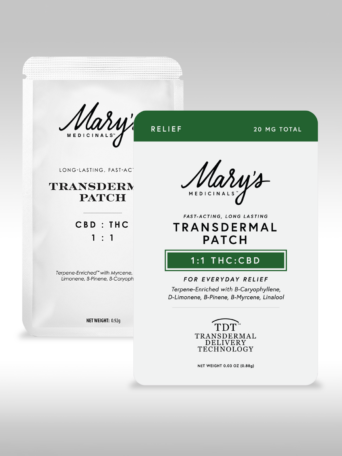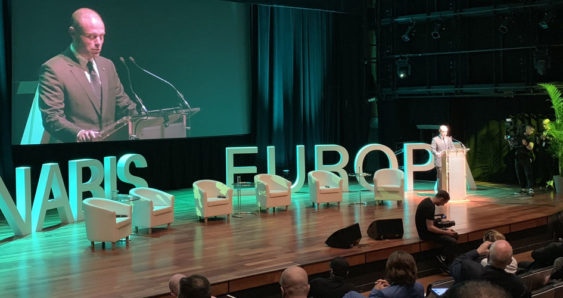Mary’s Prime Time Blog asked contributor Sarah M. Cohen to attend the annual meeting of Students for Sensible Drug Policy in Chicago. This is the final post from Sarah, reporting on the important work of DanceSafe.org. — Alice O’Leary Randall, editor.
Written by Sarah M. Cohen
As the mother of young adults the 2019 SSDP conference was, in so many ways, an eye-opener. I was particularly, and pleasantly, surprised to learn of the DanceSafe organization.


DanceSafe has been around for twenty-one years and is a 501(c)(3) public health organization that provides information and services primarily to the electronic music and nightlife communities. In their words, DanceSafe seeks to reduce harm by providing, “a non-judgmental perspective to help support people who use drugs in making informed decisions about their health and safety.”
Basically, DanceSafe’s small administrative staff and a cadre of primarily young volunteers ‘table’ at music festivals to help keep attendees safe. DanceSafe volunteers distribute educational literature, ear plugs, condoms, water and electrolytes but perhaps, most importantly, they are occasionally able to help attendees test their own drugs, thereby preventing overdose and death. At the SSDP conference, I was able to see how easy it is to combine chemical reagents with an unknown substance to detect misrepresentation– like N-ethylpentylone (a synthetic stimulant which has been linked to overdose deaths) as MDMA. Unfortunately, I also learned that some states consider such drug-testing kits “paraphernalia” and their possession can result in criminal prosecution.
DanceSafe schooled me on yet another example of our country’s mis-guided federal legislation. In 2003 Congress passed the Illicit Drug Anti-Proliferation Act, commonly referred to as the “RAVE Act.” While this law may have been well-intentioned, its language discourages venue owners and event organizers from providing harm reduction services (such as water and air-conditioned rooms to prevent heat stroke) for fear of exposing themselves to liability. But things are slowly changing for the better; just last year the Department of Justice wrote to activist Dede Goldsmith (whose daughter died of heatstroke at a concert in 2013) and acknowledged that providing free water and drug educational materials does not violate the RAVE Act. Such common-sense actions seem like a no-brainer to many, but the wheels of justice and reform are frustratingly slow.
To learn more about DanceSafe or the RAVE Act, visit: https://dancesafe.org/ or https://amendtheraveact.org/. Only with the enduring perseverance of dedicated individuals will our nation start to reduce the harms of prohibition and the broad reach of the opioid epidemic. ❖
Up Next! Mary’s Prime Time editor, Alice O’Leary Randall, is back on the road again, this time to Barcelona, Spain for the 2nd International Annual Congress on Controversies on Cannabis-Based Medicines.

